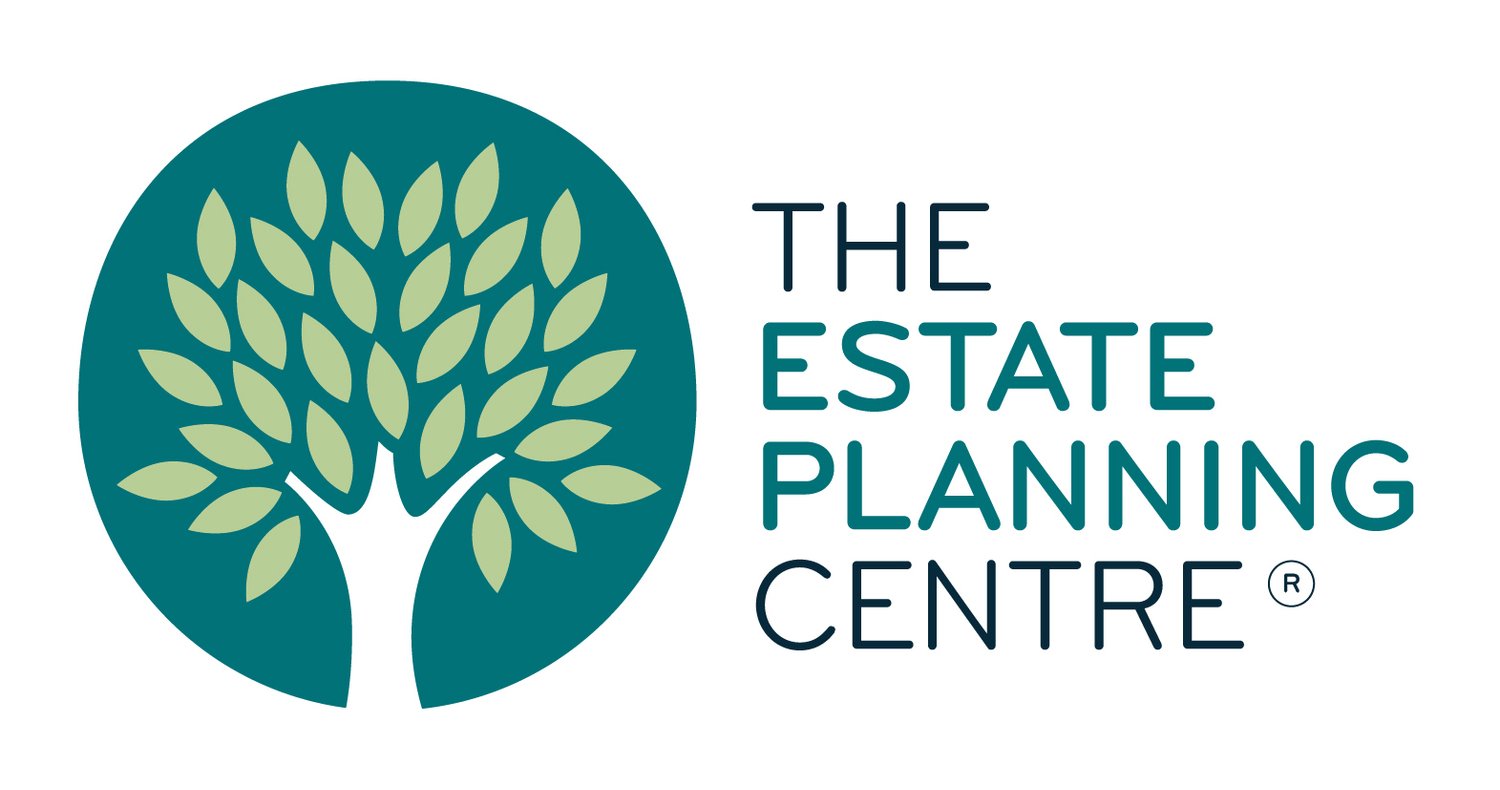Safeguarding Against Elder Abuse in Estate Planning: The Intersection between Elder Abuse and Estate Planning
Estate planning plays a crucial role in protecting the assets and well-being of older persons. However, it can also become a vulnerable point where elder financial abuse may occur if care is not taken.
What is elder financial abuse?
Elder financial abuse is defined as “the illegal or improper use or management of an older person’s money, property, or other financial resources”. Estate planning documents, such as an Enduring Power of Attorney, give significant legal and financial power to the person(s) that are appointed to decision-making roles. A person appointed to manage the legal, financial and/or medical affairs of an older person could seek to use these documents for their own personal gain, rather than in the best interests of the older person.
In New South Wales, the value of estates has increased significantly in recent years. Australia has an aging population; consequently, children tend to receive a larger inheritance from their parents but at an older age than in the past. This trend has brought about ‘early inheritance syndrome’, also known as ‘inheritance impatience’, a phenomenon where individuals become impatient and exhibit a strong desire to receive their inheritance before the expected time. This desire may result in abusive behaviours such as misusing appointed positions under estate planning documents to direct assets into personal accounts or pressuring an older person to advance a gift in a Will.
What are the signs of elder financial abuse in the estate planning process?
Understanding the signs of elder financial abuse is vital in safeguarding against abuse and ensuring the wishes of older persons are respected. Red flags that may indicate elder financial abuse in the estate planning process include:
Unauthorised or excessive use of an older person’s funds or assets;
Coercion or pressure to change estate planning documents, such as Wills, trusts, or powers of attorney;
Coercion or pressure to transfer assets gifted in a Will prematurely;
Significant changes to a previous Will or Power of Attorney document, particularly changes to appointments of executors, trustees and attorneys;
Use of estate planning documents to gift significant assets to a non-family member;
Heavy involvement of a third party in the estate planning process;
Testimony of an older person that they are experiencing pressure, duress or elder abuse;
A joint bank account between the older person and another family member;
Large withdrawals from ATMs or transfers to other bank accounts;
Property that has been retitled under the name of another person/family member;
Appointment or desire to appoint a new friend as a decision-maker or attorney;
Gifts of assets or property to a new friend in the Will;
Unpaid bills.
How do we safeguard against elder abuse in the estate planning process?
At The Estate Planning Centre, we value empowered engagement, meaning that we are committed to equipping our clients with easily understandable information so that they can actively participate in the decision-making process. We do not pressure our clients to make decisions, and we engage regularly in empowered dialogue with clients to ensure that their consent is given freely, and their wishes are accurately represented. We ensure that some conversations take place without the presence of a third party so that we can receive instructions from each client free from any external pressure or coercion.
Furthermore, our estate planning lawyers draft estate planning documents with reference to previous documentation, particularly previous Wills. Any drastic changes are followed up with clients.
Estate planning requires individuals to have legal capacity, which is the ability to understand the nature and consequences of legal decisions. As part of the estate planning process, we conduct assessments of each client to ensure that they have the capacity to make significant legal decisions. We ensure that, before signing, the client understands the nature and effect of their legal documents, the powers that they are giving to specific people, and the extent of the property they are gifting. If we do not believe that a client has legal capacity, we will not allow them to sign any documents.
Why see an estate planning lawyer?
Many law firms offer estate planning services; however, not all law firms are solely devoted to estate planning and succession law. As estate planning lawyers, we have received specific training in the nature and effect of estate planning documents and are alert to the risks of elder abuse occurring within our processes. Our estate planning lawyers know what questions to ask and what red flags to look out for to ensure that we do not facilitate elder financial abuse.
If you would like to make an estate plan with us, we invite you to contact us via this link with the confidence that we will seek your empowered engagement throughout the process.
If this article has raised any concern, we encourage you to contact the NSW Disability and Ageing Abuse Helpline at 1800 628 221 or nswadc@adc.nsw.gov.au.
By Jaime Dunn
